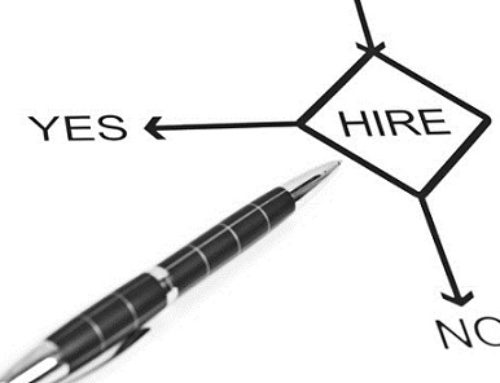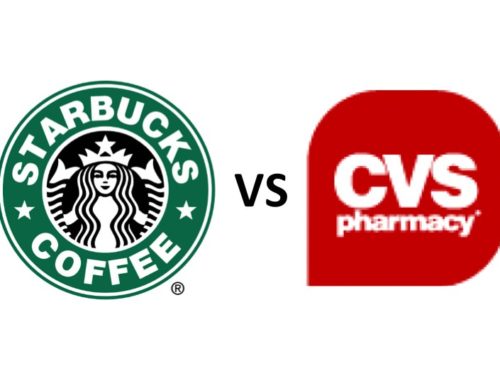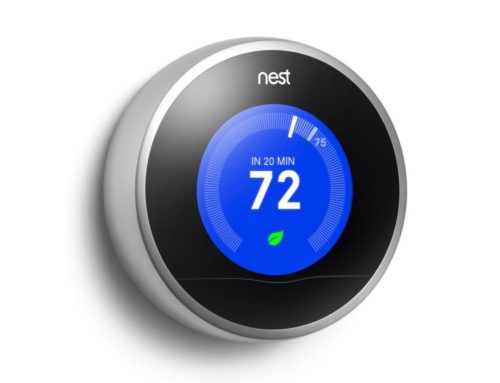Why Apple Pay Matters
While the Iphone 6 caused all of the lines at Apple Stores and created a new category of smartphone — “the bendable phone” — the most disruptive piece of news was Apple Pay. On Monday, Oct 20, Apple Pay was launched at over 220,000 locations. That’s a big launch.
If your company touches a consumer or your products are used by consumers, read on. Like Apple did in the music industry, Apple Pay could disrupt nearly everyone involved in retail consumer purchases.
Gary, David, Pano, Bill, Neal, Mike and Sean
Q: Isn’t Apple Pay just another payment system?
A: No. Its much more.
A professional in the industry, Brian Roemmele writes:
- “Apple Pay makes all of the schemes from just about every payment startup over the last decade especially the last few years look cumbersome and almost comical in comparison.”
Q: What is so special about Apple Pay?
A: Besides convenience? — Security and Mobile Commerce.
Apple uses a token architecture that never transmits your PAN (Personal Account Number). So, unlike the Target, Home Depot and other nightmare breaches, Apple Pay never exposes your PAN so you can’t be hacked — benefit enough to stop providing your credit card to retailers who seemingly can’t stop data breaches to save their lives.
On the mobile commerce front, consumers can simplify their purchase process in their mobile apps. A number of mobile app vendors have made it super easy for consumers to complete a purchase from their phone without resorting to their wallet or cumbersome user interfaces to enter their card info. Expect mobile commerce to grow much faster now that the friction of payment has been eliminated with a press of your thumb.
Q: Who gets disrupted most by Apple Pay?
A: Anyone in the payment value chain, except those issuing credit.
Doesn’t Apple Pay facilitate retail? Consumers should be able to pay for stuff more easily, right? Retailers should like this.
Short term yes. Long term no.
Short term, Apple Pay reduces security risk and reduces the thickness of your wallet potentially. POS terminals are equipped to accept the tech, which means significant but less than universal adoption. But that has never stopped early adopters. Retailers can process tokens instead of cards, appealing to an increasingly security conscious public.
Longer term, shopper data and its power could move out from the exclusive control of the retailer. Right now, Apple Pay only processes payments. It does not tie to loyalty systems, yet.
But what if payment by phone becomes shop by phone?
If payment happens via phone, what’s to stop an independent in-store shopping app from simplifying the consumer’s life earlier in the purchase/payment process? We already see this in mobile e-commerce, so how about in physical stores? They are already using apps to showroom? Why not shop and then purchase?
If consumers use apps to shop in-store and pay with their phone, then the transaction history sits in the consumer’s phone (and icloud) as well as the retailer’s POS. So now the power of data is shared or more accessible to others.
In other words, the retailer POS system may not be the only system of truth.
Why this matters:
Data is power and that data has sat inside retailers’s systems, gathering dust for the most part from the consumer’s perspective. Have you ever gotten a personalized offer much less one that made sense? Do you get emails notifying you of pertinent sales as opposed to email blasts about a general sale, regardless of its applicability?Do retailers get bypassed?
What happens when consumers have access to their purchasing history and leverage it for offers? Does the power of the purchase shift to the consumer? Does consumer access to their purchase data may mean that brands and ad networks might bypass the retailer to communicate with the end customer directly. Or, do independent loyalty systems arise simply based on your purchasing behavior regardless of store (e.g. Amex points), but on a brand level scale — Mycokerewards?
Do retailers step up their game?
The retailer could jump ahead on this curve and offer services to Apple Pay customers that the customer does not yet expect, but would value — digital, customized offers, for example. In other words, retailers might have to earn the respect of the consumer.
Implications:
- For consumers — a better retail experience will be expected. Why would they have to go through a manual shopping process when their phone is used to pay for those same goods?
- For retailers — they will have to up their in-store customer experience game. Between beacons and Apple Pay, consumers will expect retailers to deliver a more interactive and unique retail experience. No more stack it high, let it fly.
- For brands — an opportunity to get closer to the consumer by offering something in return for consumer data, bypassing the retailer. We realize that this is controversial, but brands want a more intimate, direct experience with the consumer.
Want to discuss this further or other digital disruptions? Contact us here.





